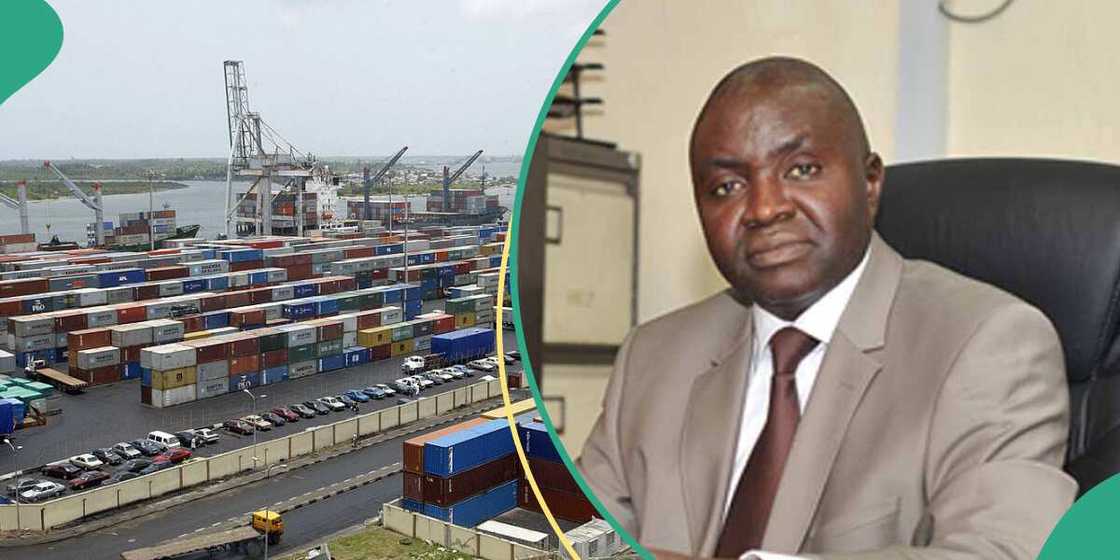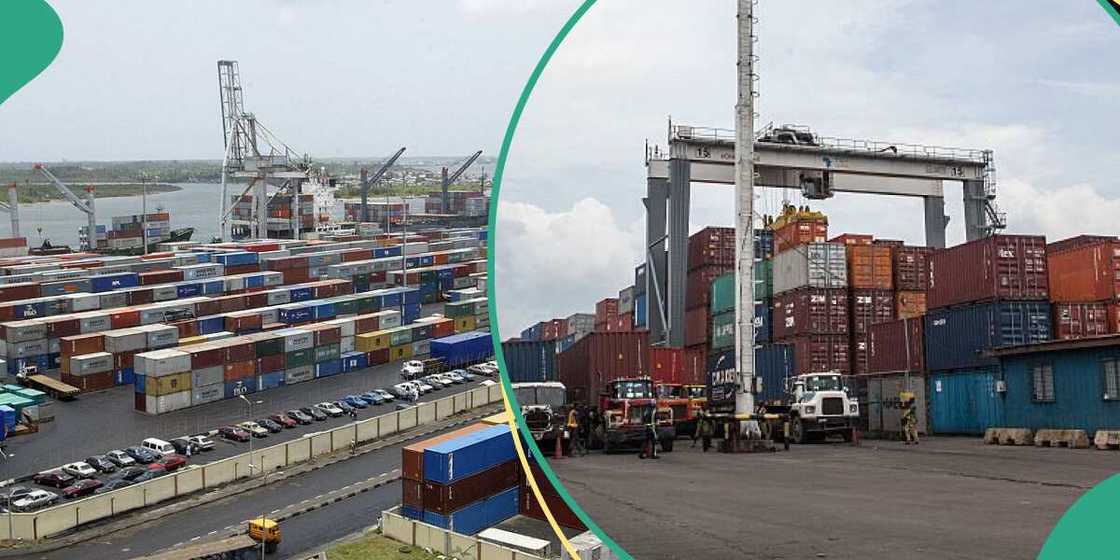CPPE Opposes Raw Materials Export Restriction Bill, Gives Reasons
- CPPE has reacted to the proposed raw materials bill mandating 30% local value addition before exports
- The private think tank organisation says the move by the National Assembly could hurt Nigerian exporters and cost thousands of jobs
- CPEE in a message to Lget.ng explained that the bill ignores critical challenges in manufacturing
Dave Ibemere, a journalist at Legit.ng, has been reporting on business for over ten years. He has deep knowledge of the Nigerian economy, stock market, and general market trends.
The Centre for the Promotion of Private Enterprise (CPPE) has raised strong objections to a proposed bill by the National Assembly that mandates 30% local value addition before raw materials can be exported from Nigeria.

Source: Facebook
Details of the bill
The bill currently proposes as follows:
- No primary product exports should take place unless there is a minimum of 30% local value addition.
- Manufacturers will not be allowed to import raw materials that are available in sufficient quantity in the country.
Expert gives reasons the export bill won't work.
In a statement to Legit.ng Muda Yusuf, Chief Executive Officer of CPPE, warned that the bill, sponsored by the Raw Materials Research and Development Council (RMRDC), could have damaging consequences for Nigerian exporters and manufacturers.
He explained that the bill, which proposes restrictions on the importation of raw materials deemed to be sufficiently available within the country, can be potentially harmful to industries relying on such inputs.
Yusuf, however, acknowledged that encouraging local value addition could boost export earnings but called for a balanced strategy that considers the interests of both primary product exporters and domestic processors.
His words:
“The Raw Materials Research and Development Council [RMRDC] Bill currently before the National Assembly has the prospect of creating significant adverse and unintended consequences for Nigerian exporters and manufacturers.
"On the face of it, the idea of promoting local value addition is good for the economy and potentially enhances the chances of better earnings from our exports. But the policy has to ensure a balance between the interests of exporters of primary products and the processors."

Read also
CBEX: SEC sends warning to Davido, Taaooma, others over endorsement of unregistered investment
Yusuf questioned how the proposed 30% local value addition would be measured and who would be responsible for granting export approvals.
He also expressed concerns about the process for identifying which raw materials can still be imported and the timeline for implementing the restrictions.

Source: Getty Images
According to him, the proposed legislation fails to consider the broader issues facing the manufacturing sector, such as high energy costs, limited access to finance, poor logistics, regulatory bottlenecks, exchange rate volatility, and multiple taxation
Yusuf also warned that the bill could open doors to corruption through additional layers of export approval and questioned the legal basis for the RMRDC or the Ministry of Science and Technology to regulate trade activities, Leadership reports.
He added:
"It is also imperative to undertake a robust study on domestic raw materials availability before legislating on a ban on raw materials for manufacturers."
Punch reports that CPPE called on the National Assembly to suspend the bill and urged the RMRDC to focus on its core mandate of research and development rather than overreaching into trade regulation.

Read also
CBEX Scam: SEC takes action against Ponzi scheme operators after Nigerians lost billions of naira
Yusuf concluded:
“Import and export rules are governed by trade policy, not legislation. These policies are flexible and must adapt to economic realities, which is the role of fiscal authorities."
Dangote Refinery exports fuel
Ealier, Legit.ng reported that Dangote Refinery has increased its exports to Asia amid growing demand for its refined petroleum products.
Asia is a key hub for fuel consumption, especially aviation fuel where Dangote Refinery’s products are now being exported to key markets such as Singapore, a trading centre and other Asian countries.
PAY ATTENTION: Сheck out news that is picked exactly for YOU ➡️ find the “Recommended for you” block on the home page and enjoy!
Source: Legit.ng



